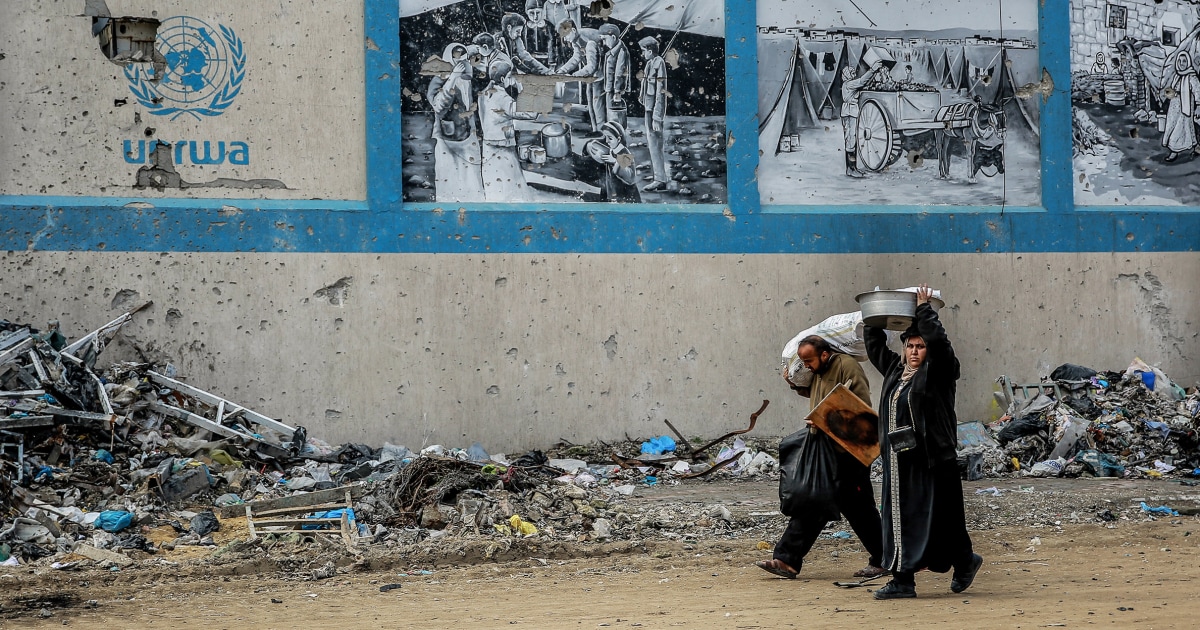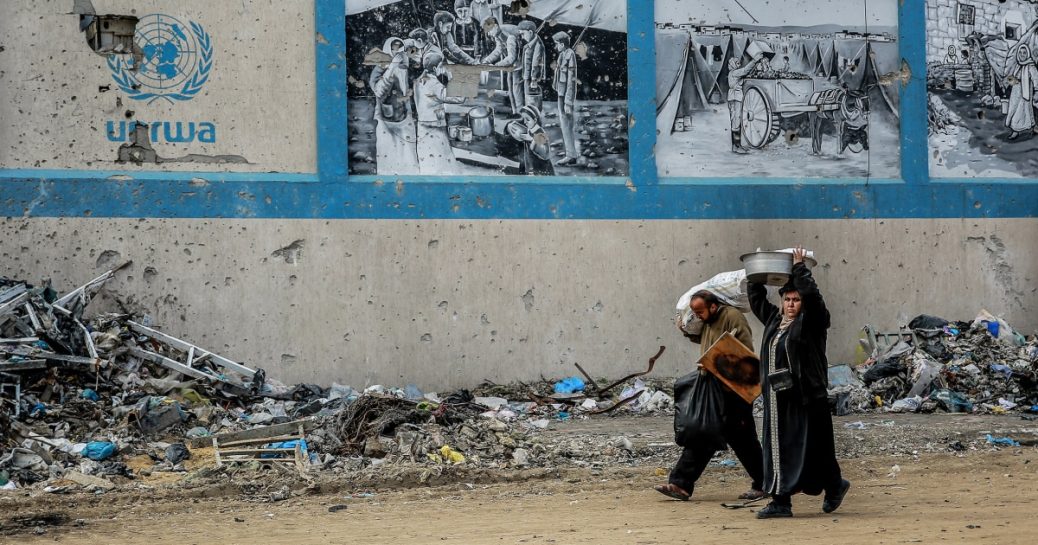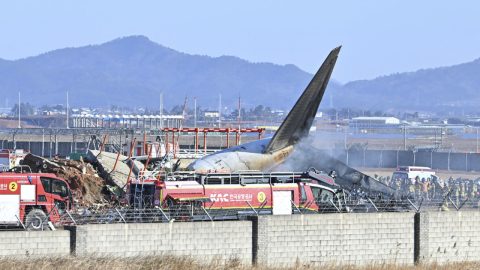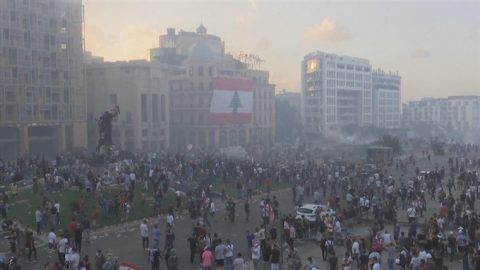
Israel’s parliament voted Monday to ban the operations of the United Nations agency for Palestinian refugees, the main humanitarian aid agency operating in Gaza.
Israeli Prime Minister Benjamin Netanyahu reiterated accusations that UNRWA employees are involved in terrorist activities in the region in a statement about the legislation. An investigation by the U.N. Office of Internal Oversight Services closed in August, debunking some allegations and noting that others lacked sufficient evidence.
However, the agency said nine employees may have been involved in the Oct. 7 terrorist attack against Israel if evidence was “authenticated and corroborated.” UNRWA Commissioner-General Philippe Lazzarini said their contracts would be terminated.
Netanyahu’s office said Monday that UNRWA personnel “must be held accountable.”
“In the 90 days before this legislation goes into effect — and after — we stand ready to work with our international partners to ensure that Israel continues to facilitate humanitarian assistance to civilians in Gaza in a manner that does not threaten Israel’s security,” the statement said.
The Biden administration warned Israel in a letter two weeks ago that it may be forced to restrict military aid if humanitarian assistance in Gaza is not increased within a month.
State Department spokesperson Matthew Miller said at a briefing Monday that before Israel’s bill passed, the State Department had made it clear to Israel that it has deep concerns about banning UNRWA.
“There’s nobody that can replace them right now in the middle of the crisis,” Miller said.
United Nations Secretary-General Antonio Guterres, who was declared “persona non grata” by Israeli foreign minister Israel Katz, agreed. “There is no alternative to UNRWA,” he said on social media platform X.
While he urged Israel’s parliament to reverse course, Guterres warned the country that it must not thwart UNRWA under its U.N. charter obligations. “National legislation cannot alter those obligations,” he said.
Guterres said that if Israel continues on a path of prohibiting the agency, it would have “devastating consequences” for people in Gaza and the West Bank who rely on it for education, medical care and other necessities.
He said he would bring the matter before the U.N. General Assembly.
Lazzarini also decried the parliament vote, writing on X that it violated the U.N. charter and “sets a dangerous precedent.” He said the legislation amounts to collective punishment and puts an entire generation of children at risk.
“This is the latest in the ongoing campaign to discredit UNRWA and delegitimize its role towards providing human-development assistance and services to #Palestine Refugees,” he wrote.
Netanyahu and many of his allies in Israel’s government have been in a long-standing feud against UNRWA, and the tensions have accelerated since last year.
UNRWA is a U.N. aid organization established in 1949 to aid and protect Palestinian refugees in the West Bank, Gaza, Jordan, Lebanon and Syria. Some Israeli critics have said the agency perpetuates a false narrative that Palestinians are refugees, which Lazzarini referred to in his statement.
“Putting an end to UNRWA & its services will not strip the Palestinians from their refugee status,” Lazzarini said. “That status is protected by another UN General Assembly resolution until a fair and lasting solution is found to the plight of the Palestinians.”
Before the legislation was passed, the foreign ministers of France, Germany, Britain, Japan, South Korea, Canada and Australia expressed “grave concern” in a statement.
“It is crucial that UNRWA and other UN organizations and agencies be fully able to deliver humanitarian aid and their assistance to those who need it most, fulfilling their mandates effectively,” the statement said.
Michael Martin, deputy prime minister of Ireland, condemned the ban in a joint statement with the governments of Norway, Slovenia and Spain.
“The work of the Agency is essential and irreplaceable for millions of Palestinian refugees in the region, particularly in the context of Gaza,” the letter said.
Israeli parliament members disagreed. One of the bill’s authors, Boaz Bismuth, said the agency’s work has been “counterproductive” in the region.
“If you really want stability, if you really want security, if you want real peace in the Middle East, organizations like UNRWA won’t bring you there,” Bismuth said.
UNRWA is not the only recent target of ire, as Netanyahu accused the U.N. of being an “antisemitic swamp” in his address at the organization’s General Assembly in September.
And since the Israel Defense Forces began a ground invasion into Lebanon, soldiers have been accused of attacking the U.N. Interim Forces in Lebanon and putting peacekeepers at risk. Netanyahu has denied the charge and publicly said Israel warned the peacekeepers to leave their posts in southern Lebanon as the IDF fights Hezbollah militants.
But the peacekeepers are mandated to stay along the Israel-Lebanon border observing hostilities under U.N. Resolution 1701 and have refused to leave their posts.










Recent Comments